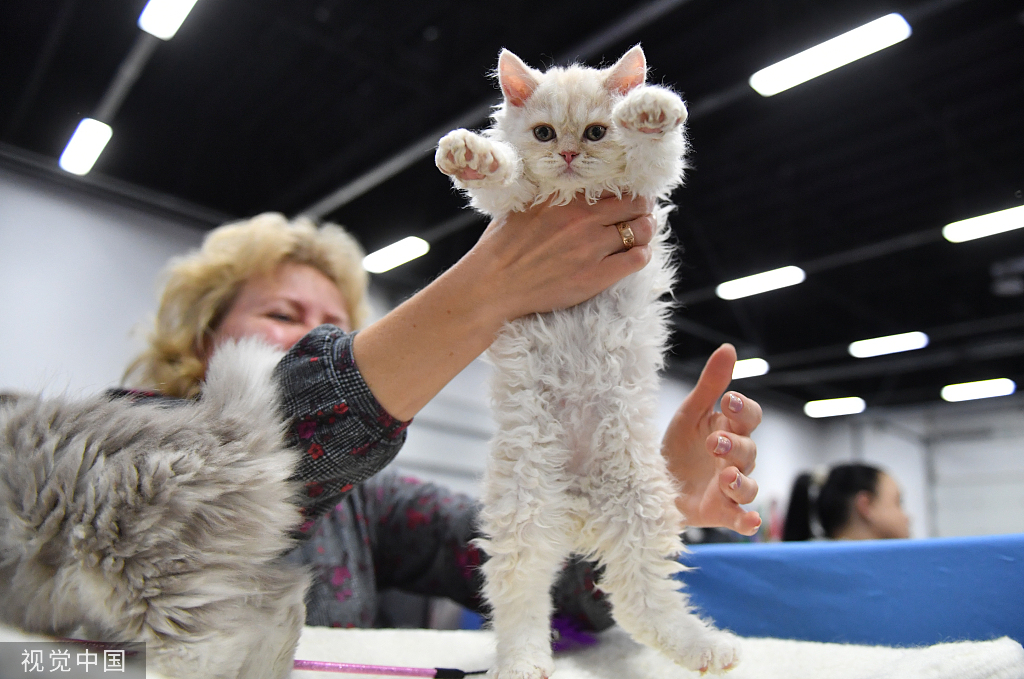Cats, Dostoevsky, is chemistry next?
By ZHANG ZHOUXIANG | China Daily | Updated: 2022-03-04 07:07

The Fédération Internationale Féline, an organization founded in France in 1979, is prohibiting the import or registration of cats bred in Russia, while also preventing cats owned by exhibitors living in Russia from entering their show. The decision was taken on Tuesday.
A day later, the University of Milano-Bicocca in Italy informed Professor Paulo Nori that his course on 19th-century Russian writer Fyodor Dostoevsky had been canceled "to avoid controversy". The professor was so angry that he said in a video that "Being Russian today in Italy is a fault, even when dead." A later report said that the university has reversed its decision and Nori can continue teaching his course. However, the initial decision and numerous others show the ridiculous extents to which the West will go when it comes to "boycotting" and "sanctioning".
Whenever any conflict arises, "sanctions" and "boycotts" seem to be the first words some Western politicians can think of. They "boycotted" the Sochi 2014 Winter Olympics over the Crimean crisis. Since Russia is not holding any major event at the moment, they decided to exclude it from the Society for Worldwide Interbank Financial Telecommunication, suspend the release of movies in Russia, and even "sanction" Russian cats and a Russian novelist from the 19th century.
The Western politicians know very well that at the root of the Russia-Ukraine problem is the North Atlantic Treaty Organization's constant expansion eastward, unmindful of Russia's security concerns. Sanctioning everything that is Russian only serves to push Russia further into a corner. It also shows that the Western leaders have no wish to bring peace in Ukraine. Rather, they want to add fuel to the flames.
Given their desperate zeal to ban all things Russian, maybe they should be reminded that the periodic table, which is the foundation of chemistry, was created by Dmitri Ivanovich Mendeleev, a Russian chemist, in 1869. So, what next? Will Western universities next drop chemistry courses from their syllabi?
























